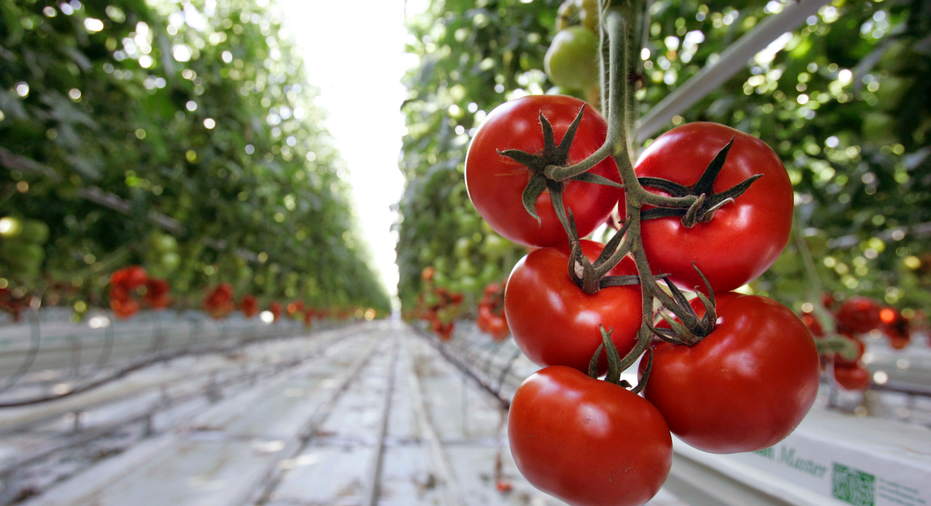Hydroponic greenhouses gets $25M to grow New England produce

A business that wants to build two hydroponic greenhouses in New Hampshire's North Country to get tomatoes and salad greens more quickly to New England supermarkets has received $25 million from the U.S. Department of Agriculture.
North Country Growers plans to start building its two, 10-acre (4-hectare) greenhouses in Berlin soon, and planting next July, with its first harvest next October. The company expects to produce 8 million pounds (3.6 million kilograms) of tomatoes and 15 million heads of lettuce annually in a year-round operation.
"Northern New Hampshire has very few really hot nights, which makes it perfect for us," said North Country Growers CEO Richard Rosen, who grew up in the greenhouse business.
The U.S. Department of Agriculture says hydroponics, or growing plants using mineral nutrient solutions in water, without soil, is a growing area of commercial food production. The largest in New England, Backyard Farms in Madison, Maine, produces upward of 30 million tomatoes each year for supermarkets regionally. There's a new one in Loudon, New Hampshire, that can produce up to 3,000 pounds (1,361 kilograms) of salad greens a day.
Jon Batchelor, the operations manager, of Vermont Hydroponic Produce in Florence, which sells tomatoes and basil, grown in the 1/3 of an acre-greenhouse through much of New England and parts of New York and Pennsylvania, said he's only a little concerned about competition from such a large operation planned for New Hampshire.
"We're fairly well established in the area," Batchelor said. "I think everyone can have a chance at the game."
The New Hampshire project is expected to help reduce shipping times to eight hours to the grocer's shelf, compared to seven to 10 days from the western United States or Mexico. The company, a subsidiary of Boston-based American Ag Energy, has the interest of supermarkets, a restaurant distributor and some universities. It also is on a similar project in Bellingham, Massachusetts.
"I think the markets are greater now certainly than they were in the 1990s, in terms of people appreciating the local, more fresh produce, and really seeking it out," said Lorraine Merrill, New Hampshire agricultural commissioner.
Power for heating and lighting the greenhouses would come from a generation plant that would tap into a local natural gas pipeline. The greenhouses also would use snowmelt and recycled rainwater through a drip irrigation system.
The project is expected to create nearly 80 construction jobs in Berlin, a rare bit of good economic news for a town that has seen several paper mills close.
"Berlin's focus on the last 100 years or so has always been on heavy industry," said Paul Grenier, mayor of the city. What it has lost in the mills, it has gained in the recreation industry, with the growing popularity of its ATV park. The opening of a federal prison in recent years also has brought jobs to the area.
"Now, we have the prospect of becoming a player in the agricultural industry," Grenier said.
___
Associated Press writer David Sharp in Portland, Maine, and Wilson Ring in Montpelier, Vermont, contributed to this story.



















